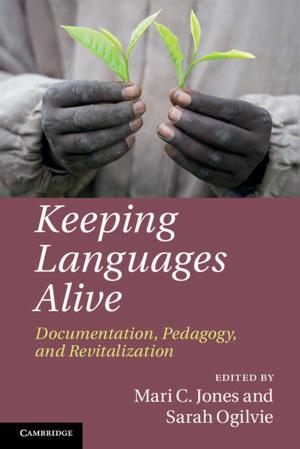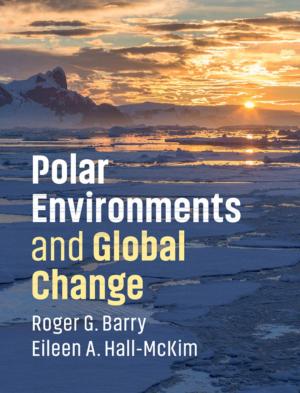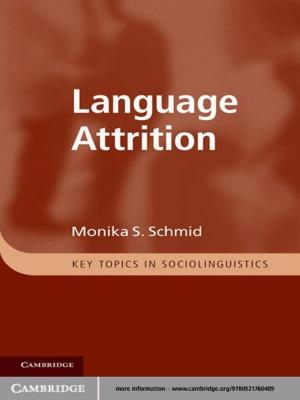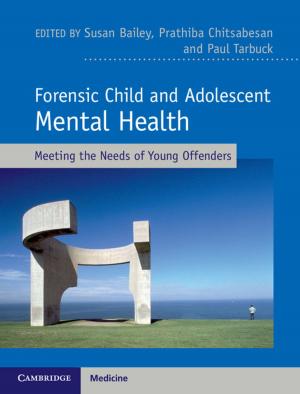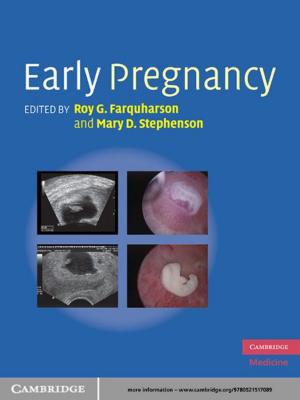| Author: | ISBN: | 9781316687543 | |
| Publisher: | Cambridge University Press | Publication: | July 11, 2016 |
| Imprint: | Cambridge University Press | Language: | English |
| Author: | |
| ISBN: | 9781316687543 |
| Publisher: | Cambridge University Press |
| Publication: | July 11, 2016 |
| Imprint: | Cambridge University Press |
| Language: | English |
Many ideas and concepts about natural hazards have been developed in Australasia, but these are often overlooked in books written from a Northern Hemisphere perspective. Natural Hazards in Australasia is the first textbook that considers Australasian natural hazards, their triggering mechanisms and the physical and social environments in which they occur. James Goff and Chris de Freitas lead an expert author team from around Australia and New Zealand to introduce readers to the natural hazards of the Australasian region, including floods, drought, tropical cyclones, volcanic and seismic hazards, tsunamis, landslides and bushfires. This book explores the interactions not only between one hazard and another, but also between humans and natural hazards. Key pedagogical features for students include learning objectives, regional case studies, summaries, chapter glossaries, end-of-chapter review and discussion questions, and further reading and resources. The full colour text is enhanced by a rich array of illustrations, photographs and maps.
Many ideas and concepts about natural hazards have been developed in Australasia, but these are often overlooked in books written from a Northern Hemisphere perspective. Natural Hazards in Australasia is the first textbook that considers Australasian natural hazards, their triggering mechanisms and the physical and social environments in which they occur. James Goff and Chris de Freitas lead an expert author team from around Australia and New Zealand to introduce readers to the natural hazards of the Australasian region, including floods, drought, tropical cyclones, volcanic and seismic hazards, tsunamis, landslides and bushfires. This book explores the interactions not only between one hazard and another, but also between humans and natural hazards. Key pedagogical features for students include learning objectives, regional case studies, summaries, chapter glossaries, end-of-chapter review and discussion questions, and further reading and resources. The full colour text is enhanced by a rich array of illustrations, photographs and maps.


